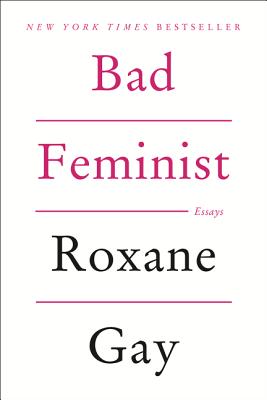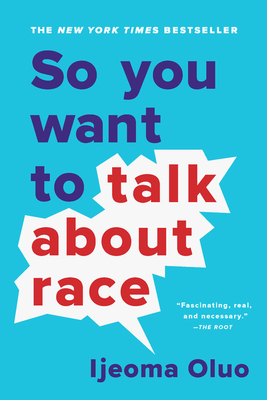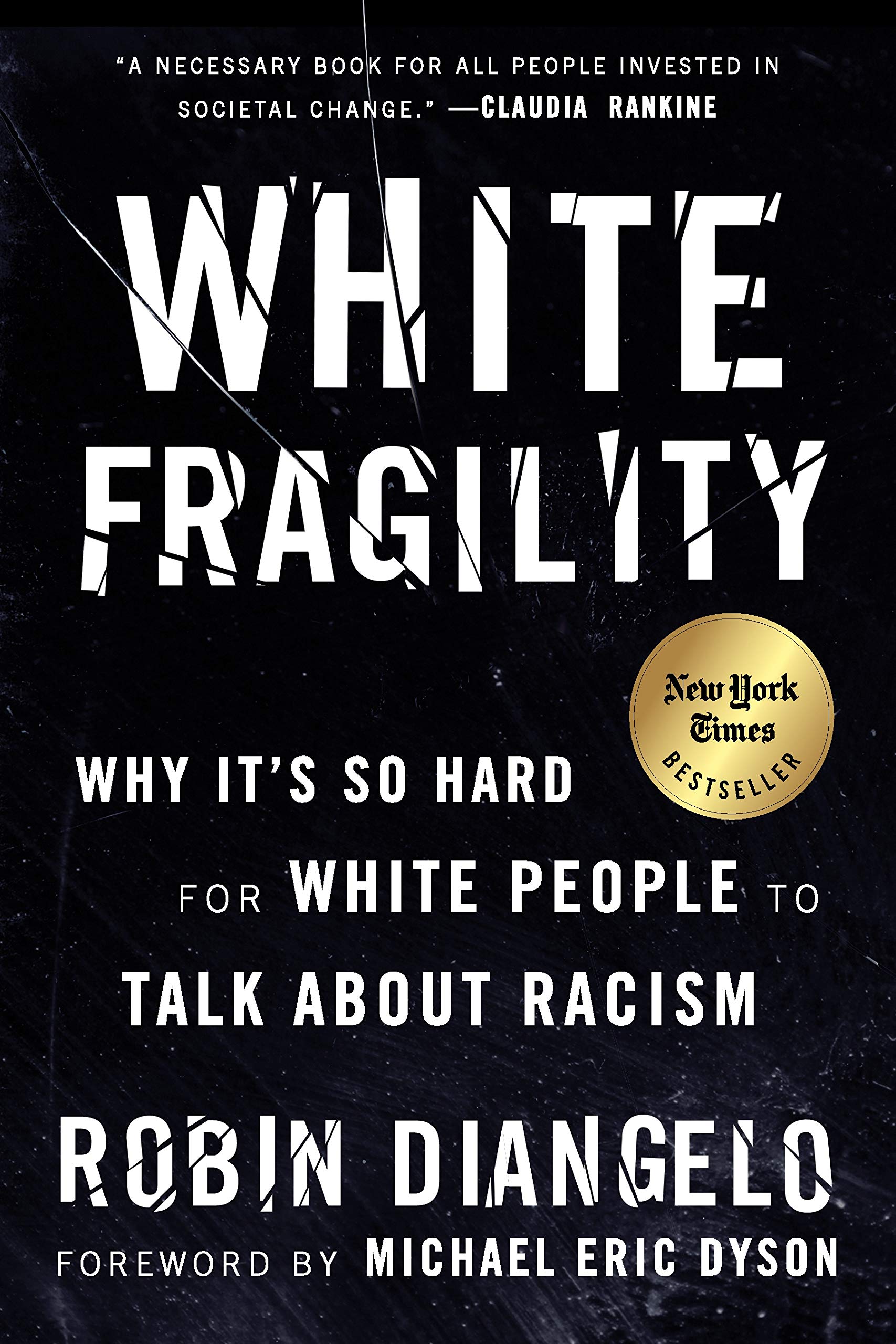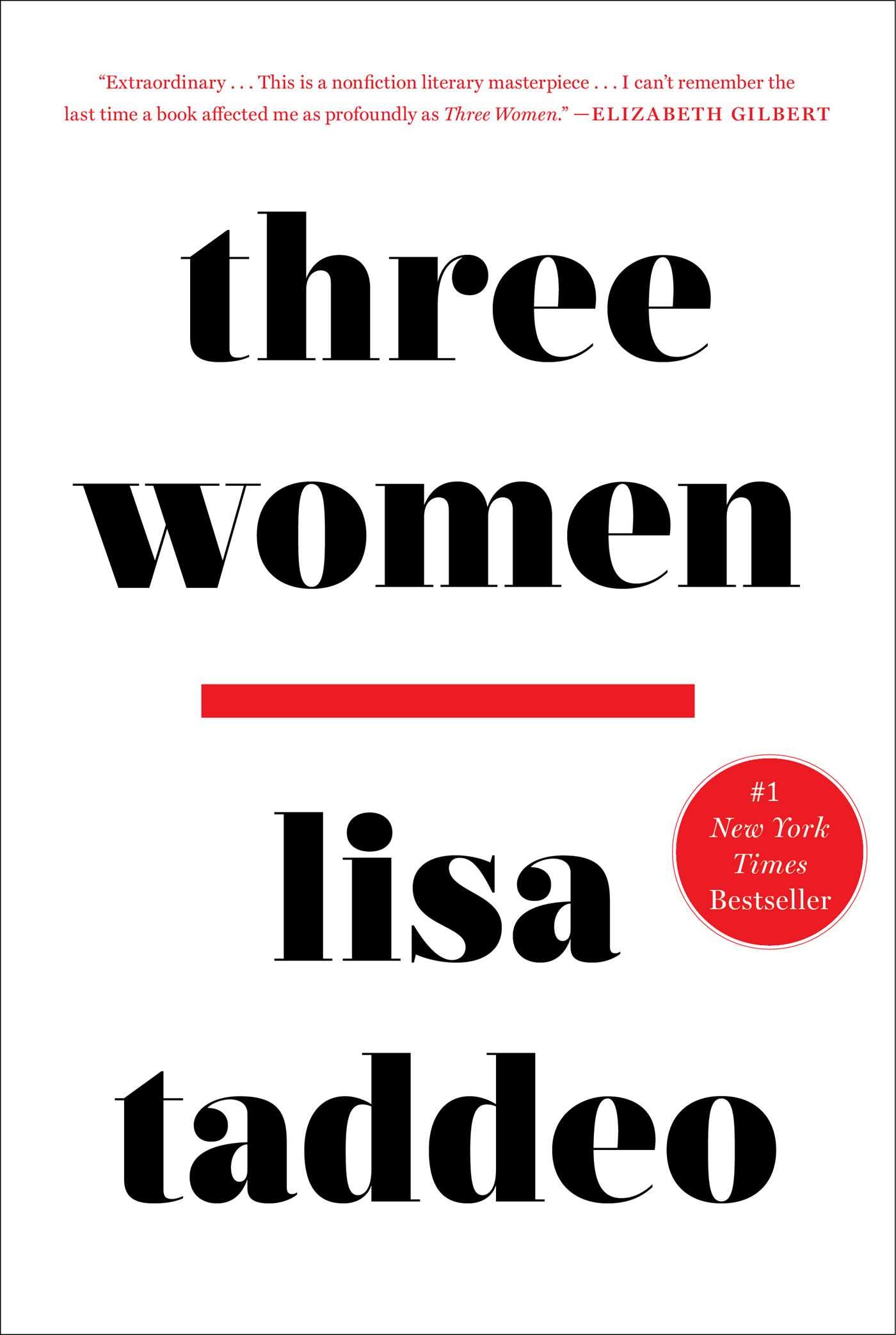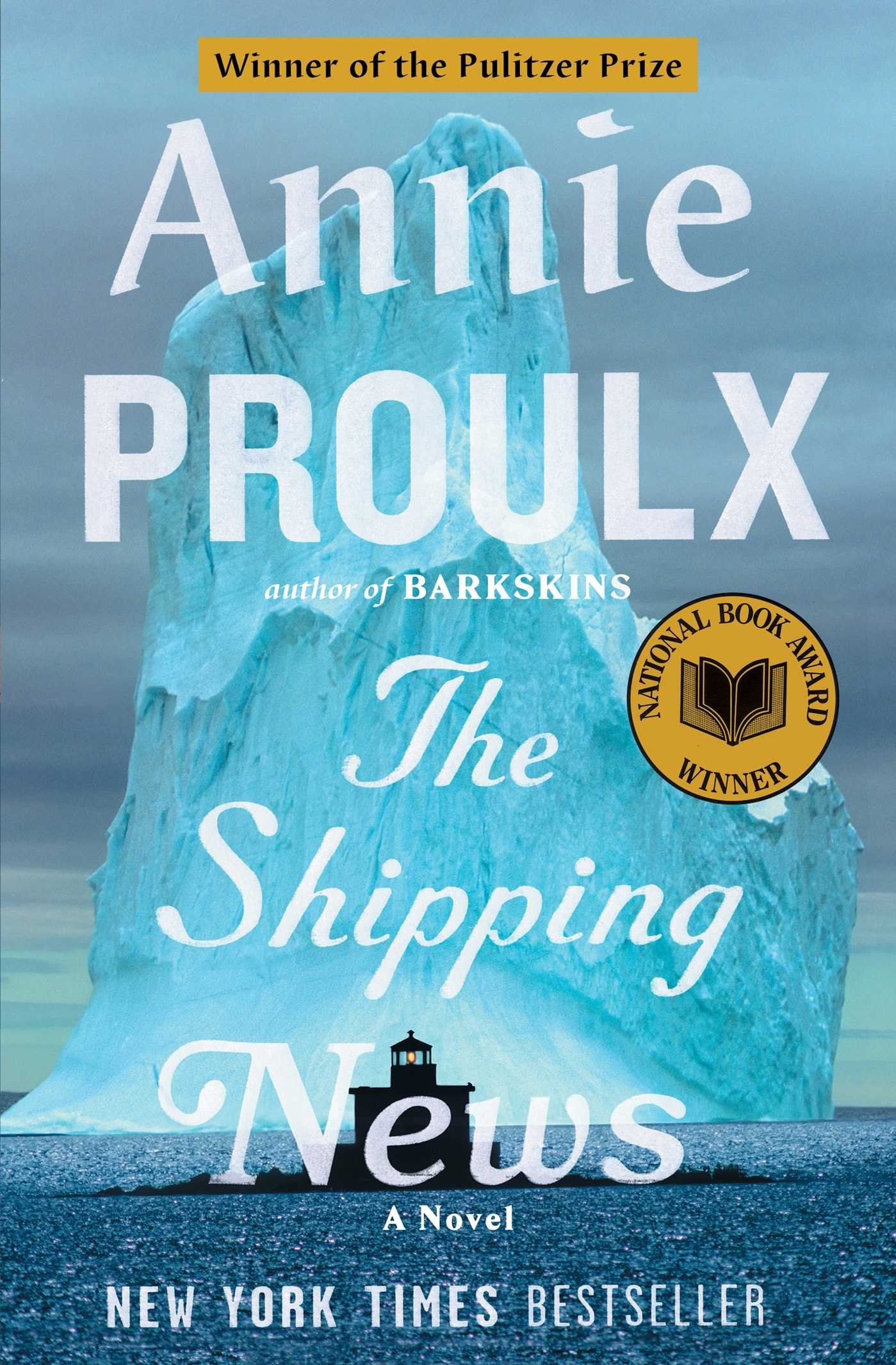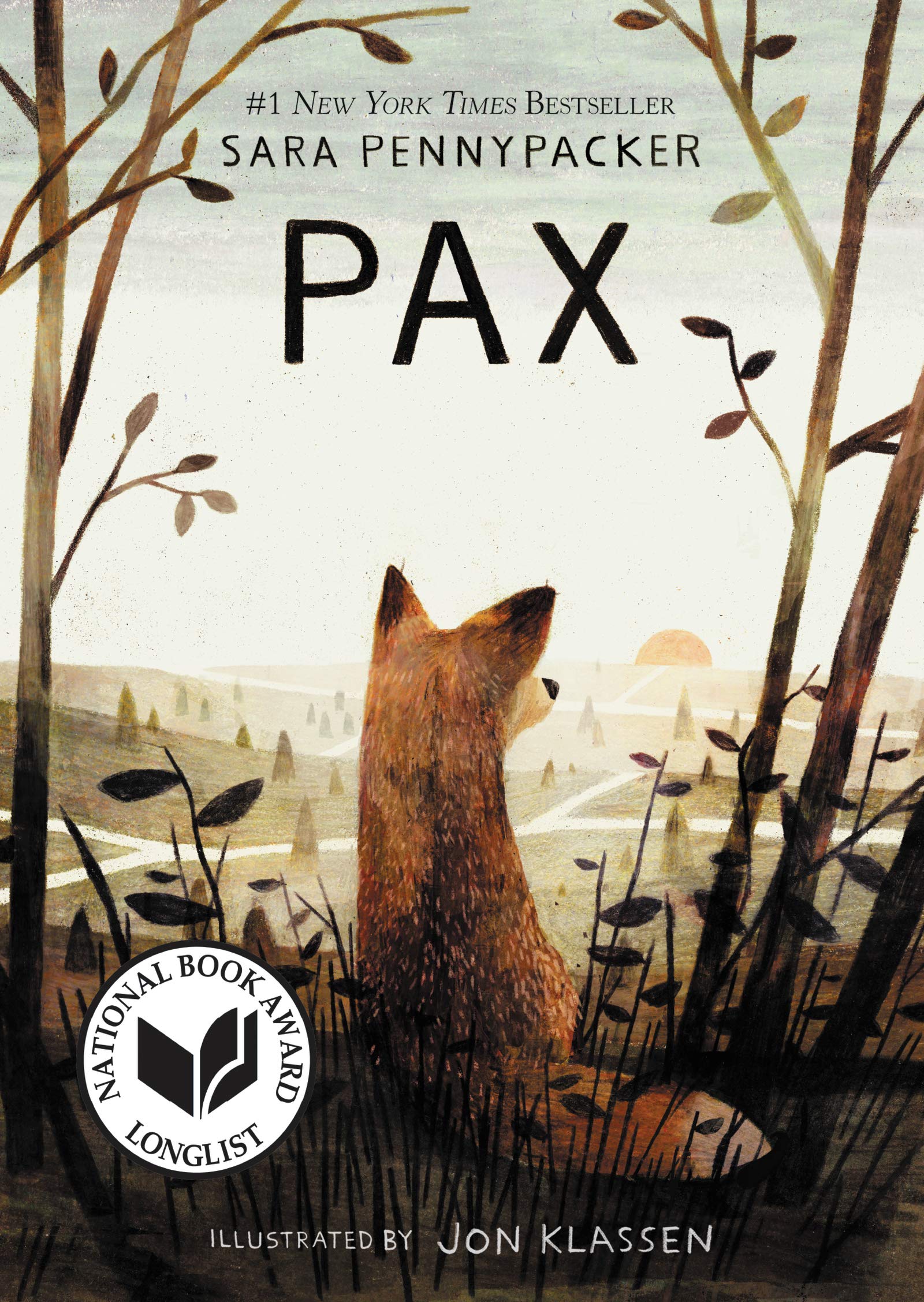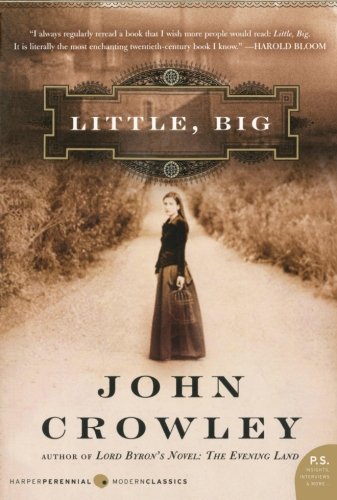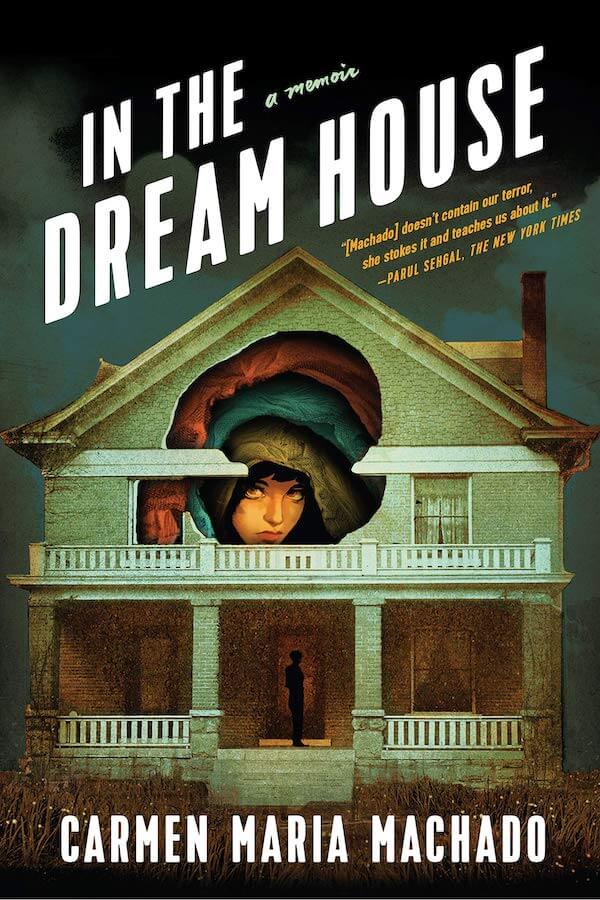In the company of books
Passionate readers should be barred from talking about the social efficacy of good books (or bad ones). We are the choir, preaching to ourselves, giving ourselves a rousing "amen."
Or maybe passionate readers are in the best possible position to talk about the social efficacy of good books (and bad ones). We feel their impact, at least on ourselves, most fully. Probably.
Or both. The most sensitive instruments for the task, but prone to the observer effect.
An entire city reading the same book is one person's community, another person's invasion. The good news is that the city has something to say to itself. The bad news is that the conversation starts with an icebreaker.
Whereas, if left open-ended, conversation about books can answer the question "friend or foe" in a dozen different ways. "What do you like to read?" is the first step in a dance, or a swordfight. Neither the query or the reply can be sure which at first.
The woman who cuts my hair is running late, and the shop assistant does the shampoo. Throat bent back too far, strangled on words (on my end), she and I talk about essays, essays by angry women, Roxane Gay and Ijeoma Oluo, whether it's okay that neither of us has finished White Fragility despite starting multiple times.
Have you read Three Women she asks, and what did you think. I say I did, cautious not to commit. I hated the book, felt humiliated by it, but I know that's the wrong opinion.
I hated it, she says. It was so disempowering.
I'm sorry to leave the sink for the cutting chair, though it's three days before I can turn my head to the left.
The graded sort of education teaches that there is right taste and wrong taste in books. When, many years ago, I realized that a new lover's favorite book was The Shipping News, it was a first and belated lesson in respecting what seemed to be wrong taste. When my lover died, it was a stern and belated lesson in discarding the idea of "wrong taste" altogether.
After this, I become an explorer, a cartographer. Why did you like that book, what did it say to you? This means: How are we different? How are we the same? How can we reach each other across the distance between the two, what is the path that meets between us?
A cat throws up on a first-edition Michael Chabon belonging to someone else. Loan books you are willing to lose. Value the lending more than the return.
Unless you are a library! But maybe even then?
Walking with a friend through several kinds of grey, we stop at Elliott Bay to browse. We play at finding books without asking for help, rejecting booksellers who recognize our confusion but not our intent. We delight in the vastness of some categories and the specificity of others; in the extreme order of Horror and the seeming chaos of Design (which is just a kind of order we can't see).
Presumably the assembly of books is tailored to their likely reader, and the layout of the shelves is a neurology of that reader's brain. Investigating shelves meant for other readers is like wearing someone else's glasses. The best you can hope for is to feel your way through.
At first the lack of bookshelves in a new home feels like a wound, or a rejection. No place can be "home" without books in it, in every room.
We have bookshelves, your roommate says, from my parents' house.
But those are someone else's bookshelves, aren't they? You wouldn't wear someone else's underwear. Would you?
Good bookshelf-snooping asks permission, is generous, looks for points of intersection and curiosity. Bad bookshelf-snooping doesn't bother with consent. It smirks. It advises.
Defensiveness over bookshelf-snooping may reflect which sort of snoop you are.
Can you resist looking at the cover of a book being read nearby you? On a bus, in a bar, wherever you happen to be? No, you can't. Because: who are you? would we like each other? is that a book I should have read?
One fun and dangerous game is to recommend a book you haven't read. This is an expert move, a bold one; you must trust your ability to pick up the subtle signals of cover (especially ones the design doesn't mean to send), what you know about the author, if anything. Where you've heard about the book. What the source is of what you've heard about the book.
After almost a decade of going to the same restaurant every Wednesday night, conversation with the bartender finally lands on books. Not too long after, a copy of Pax lands with our drinks when we sit down. The next week, I confess that I've read the first pages and am not sure I can read the rest. Books that start with the sadness of abandonment rarely end happily. My resistance to such books is very low.
The bartender, a dedicated weightlifter and all-around badass, confesses that he was hoping I would read through to the end so he'd know whether it was safe to read himself.
But the most dangerous game is to recommend a book you know and love. Our relationship with certain books is so close, so delicate; to have a recommendation rejected would be a rejection of ourselves. To have a recommendation accepted would be.a violation of another kind. John Crowley's Little, Big, for example, a book I read repeatedly. I don't justify; I don't recommend. I have no interest in someone else's experience of the book, no need to share it. Meeting someone else who loves it is not a pleasure but an intrusion.
On the other hand, I will recommend Carmen Maria Machado's In the Dream House as loudly and as often as I can. I love neither book more than the other. One is an exceptional, a brilliant, a devastating book. The other is my book.
The joy is in being surprised. It's not the woman you work with who named her child Hermione; you clicked with her immediately, it makes sense that she would love books, and love those books, enough to make them part of her family's life. It's the other colleague, the one who lives and breathes politics, the one who says he just can't like Elizabeth Warren, the one who says he's read Harry Potter three times straight through.
It's silly to find hope in such small correspondences. But if the path can reach all the way from here to here, maybe it can reach much farther than we think.
Dawn McCarra Bass is associate editor at the
Seattle Review of Books and co-director of the Pocket
Libraries program, which channels high-quality donated books to
people with limited access to reading. By day, she’s the founder
of Mightier, a small
consulting firm where women solve problems creatively, collectively.
Follow on Twitter
Other recent reviews
Talk about the weather
-
Interpretative Guide to Western-Northwest Weather Forecasts
March 27, 2018
72 pages
Provided by publisherBuy on IndieBound
The man show
-
The Sexiest Man Alive
October 01, 2018
72 pages
Provided by publisherBuy online
Accidentally honest
-
The Shame of Losing
October 01, 2018
264 pages
Provided by authorBuy on IndieBound
